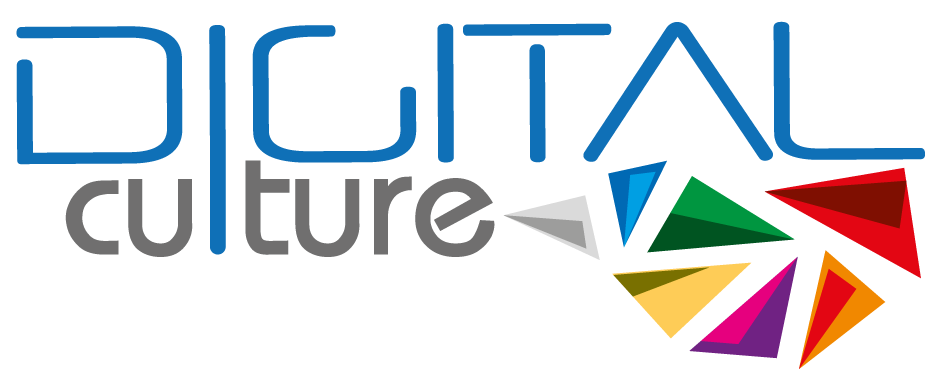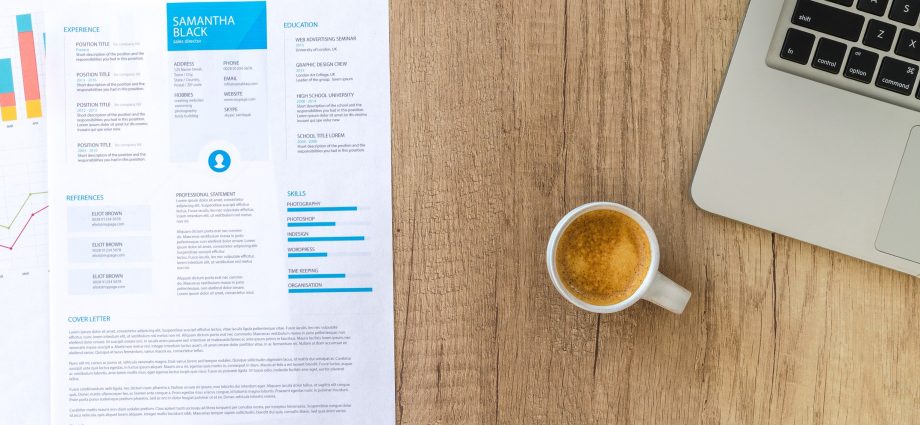O2 Integrated Virtual Learning Hub – online and mobile MOOC platform
In 2014, the Politehnica University of Timisoara took the initiative to create and offer the first Romanian MOOC. The initiative goes under the name of UniCampus and is intended to be an independent platform used by several Romanian universities. At the moment, UniCampus is offered only in the Romanian language, with courses based on open educational resources and with no tutor support. The platform is not yet adapted to the mobile environment and has a fairly low level of interaction. It currently offers no credentials or open badges integration.
This Output is dedicated to the adaptation, further implementation as a whole unit and performance of usability testing on an integrated online and mobile virtual learning hub for developing digital competences in the culture and heritage sector using Open Educational Resources, Tools and Practices. This development will be based on the Romanian MOOC platform UniCampus, which will host the course for the project duration and beyond. The course in each partner language will also be able to be integrated into other online platforms (of partner universities) as communication between the platforms will be assured by the Single Sign-on web protocol and the development implies standardised SCORM features.
The technical conception and the architecture of the integrated online and mobile platform will incorporate the core components or services as described in O1, O3, O4, O5 and O6:
Digital Skills for Culture Course – a MOOC based structure to include course materials developed during the project as well as User Generated Content, Open Educational Resources and other forms of Open Content as cultural and heritage examples and study cases; Open Learning Activities, peer-to-peer activities, virtual/blended learning (O3) (O5)
Digital Skills E-Assessment – different forms of digital self-assessment including digital evidence (such as testimonials, digital assets, e-portfolios) applied as elements of formal and informal learning and supporting distributed assessment (O4)
Digital Skills for Culture Badges – digital recognition of the skills gained based on current concepts such as Open Badges (O4),
Digital Skills for Culture Data – an online database of the incorporated users, with integrated learning analytics features which will provide real-time information to improve student retention, prevent dropout and better understand the achievement of the desired competencies by the learners (O6)
Digital Skills for Culture Mobile – a mobile application interface for accessing and interacting with the Digital Skills for Culture Course, which will also allow learners to save locally on their mobile phones small snippets of information or knowledge in order to have them at hand for use when needed in their real-life activities as cultural actors (O3) (O5) (O6).
The development of a Virtual Learning Hub (VLH) will need to focus furthermore on the development of a responsive interoperable interface, with simple features adapted to low digital skills adults, implementation of social software, integration of tools for mobile learning, development of a common working space, inclusion of adaptable and semantic features and learning analytics, integrated self-assessment, validation of open digital credentials, and mobile access to course and personalised information.
The VLH development will imply an interdisciplinary approach from web technologies, mobile technologies, Web 2.0, interactive media and audio-video technologies, open access and tools from semantic technology. It will exist in all partners’ languages (EN, RO, DE, IT, LT, DK) with a possible extension to other languages which will allow communication at European, national and regional levels.
The VLH is an innovative multilingual ICT-based environment to promote collaborative learning using connectivist social networking as an instructional method, OERs as the main content, and open digital credentials as recognition and validation of digital skills which can be applied to all ages, genders, cultural backgrounds and levels of digital education in order to promote social inclusion at a digital level. Development of the VLH will respect the W3C Consortium Web Content Accessibility Guidelines (WCAG) 2.0 which ensures ease of use for people with disabilities.
Both the user-friendly interface and the mobile interface will encourage all users to access the VLH, engage in a variety of open learning activities, connect with other cultural actors and develop their own digital skills.
Output Type: Services / structures – E-learning platform
O2.1 Mapping the VLH Concept
based on the UniCampus development as Open Source software (Moodle). The mapping takes into consideration the existing UniCampus, to be further developed in order to integrate the requirements of low digital skills adults, Open Education, e-assessment and a mobile environment. In order to identify and setup the VLH requirements, the specification will be based on the results from O1 and the analysis of the needs of O3, O4, O5, O6 taking into account each partner’s experience and expertise. The VLH will then be integrated into all partners languages; this implementation may also require adaptation of existing Moodle modules and integration of these into partner languages.
O2.1.1: VLH Concept and design
O2.1.2: VLH integration in different languages
Leading: UPT
Partecipanti: tutti
O2.2 Technical Implementation
combining the VLH results from other outputs from the development (O3), (O4), OER, MOOC.
The VLH implementation focus on the integration of open online and mobile components with tools and modules from O3, O4, O5, O6, following these steps:
- Standardised further development, code development and review for integration of new modules, implementation of social software, semantic and adaptable features
- First VLH test and results determined performance against the O2.1.2 requirements (different partner languages)
- Implementation and code development for e-assessment and Open Badges (O4)
- Development of the OER and MOOC tools and resources for the online course (O3)
- Quality Assurance – functional validation of the VLH online platform (integration, system and acceptance test) for low digital skills adults
- Continuous delivery and adaptation during the pilot phase, in all partner languages
O2.2.1 VLH Online Platform with new modules, E-Assessment and Open Badges
O2.2.2 VLH MOOC
O2.2.3 VLH validation report
O2.2.4 Integrated VLH Platform in all partner languages
Leading: UPT
Participating: UNIROMATRE, AAU, DCU, UniGraz, NADE
O2.3 Technical development of the Digital Skills for Culture Course resources
will involve working closely with all partners in developing OERs and other resources needed for course modules resulting from (O3). This imply video recordings, media and animation creation, multimedia editing, validation of existing OERs and integration of all these into the VLH. The course resources will be partly based on pre-existing example and case studies already digitalised, and partly on materials created specifically for this course.
O2.3.1 VLH existing OERs validated
O2.3.2 VLH new media OERs resources
O2.3.3 VLH online version of the Digital Skills for Culture Course
Leading: UPT
Partecipanti: tutti
O2.4 Technical development of the Digital Skills for Culture Mobile App
This will be developed based on the concept guidelines and needs (O1) and using the content resulting from (O3) integrated into the platform from (O2.2). The mobile app will be developed using the native languages of the most used mobile operating systems (iOS for Apple and Android JS for the majority of the rest) and will be made available in the respective application stores (AppStore and Play). The mobile app will include online real-time access to the content and activities of the DSC, and as an innovative feature, the possibility of saving content locally on learners’ mobile devices as small snippets of information or knowledge, standards to other social media apps in order to allow learners to share their experiences on the DSC.
O2.4.1 Wireframe and navigation of DSC mobile app
O2.4.2 Development of DSC mobile app in two operating systems
O2.4.3 Validation of DSC mobile app in two stores
Leading: UPT
Participating: AAU
O2.5 Usability Evaluation and continuous update
of the VLH online and mobile app to ensure the best possible user experience. As well as a focus on low digital skills adults, it will be evaluated against project requirements for usability and desirability by the users (technical testing done using accredited methodologies from Isometrics, Usability Lab (Andone, 2012; Garrett, 2012), user experience testing through observation and remote feedback from live users, gathering and analyzing data from samples of participants, VLH Learning analytics validation and analysis and application performance monitoring. This activity will provide periodic monitoring and update of tools based on updated standards, security requirements and new software releases to ensure VLH platform sustainability.
O2.5.1 VLH Usability Report online and mobile
O2.5.2 VLH User guides and help
O2.5.3 VLH Analytics report
Leading: UPT
Partecipanti: tutti


